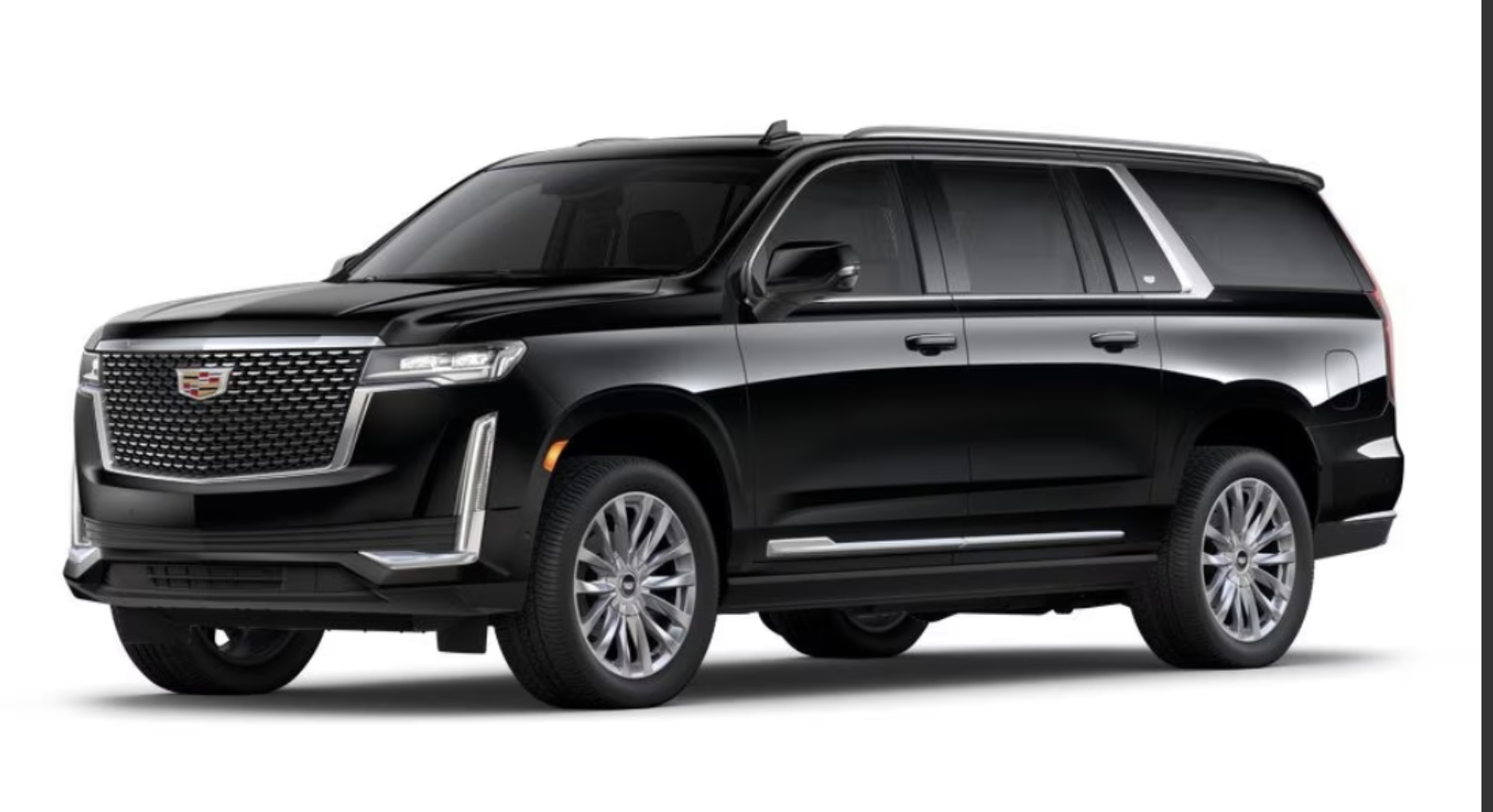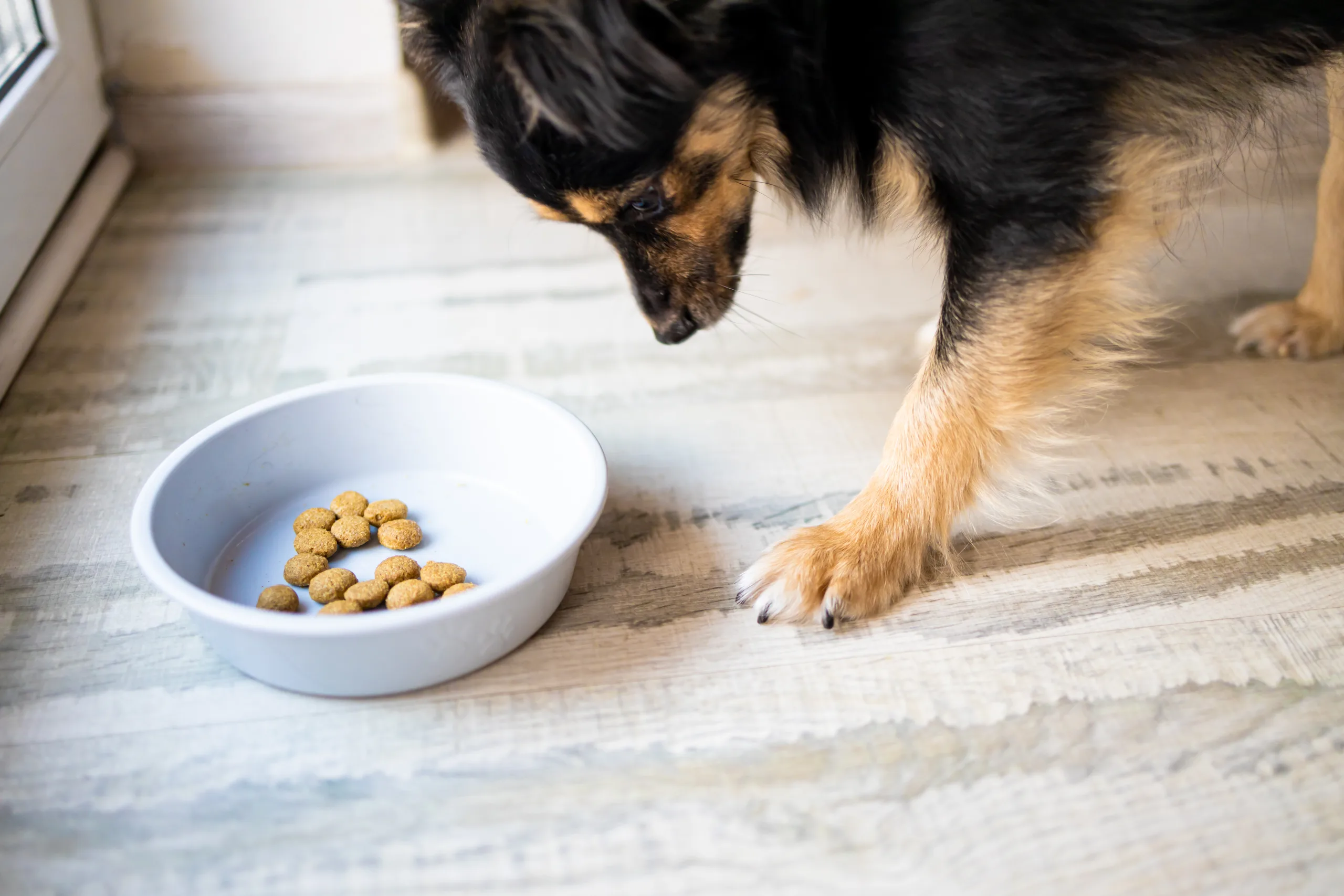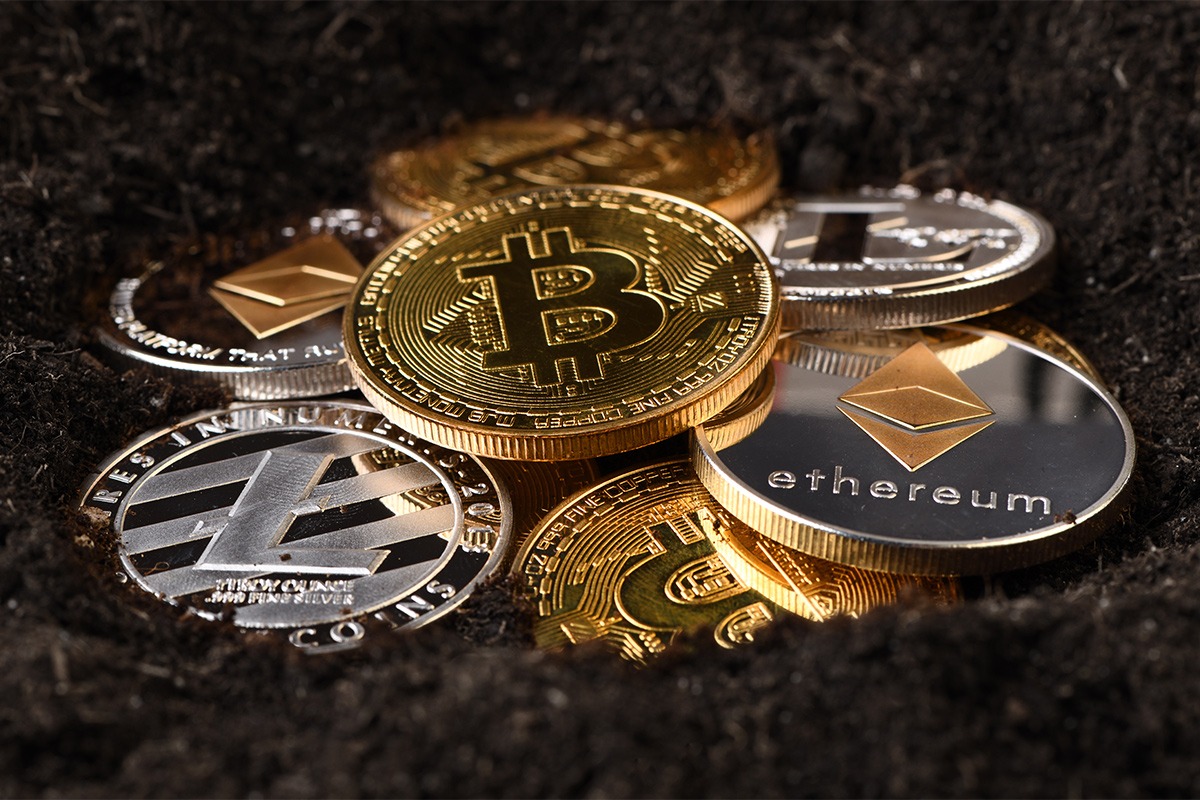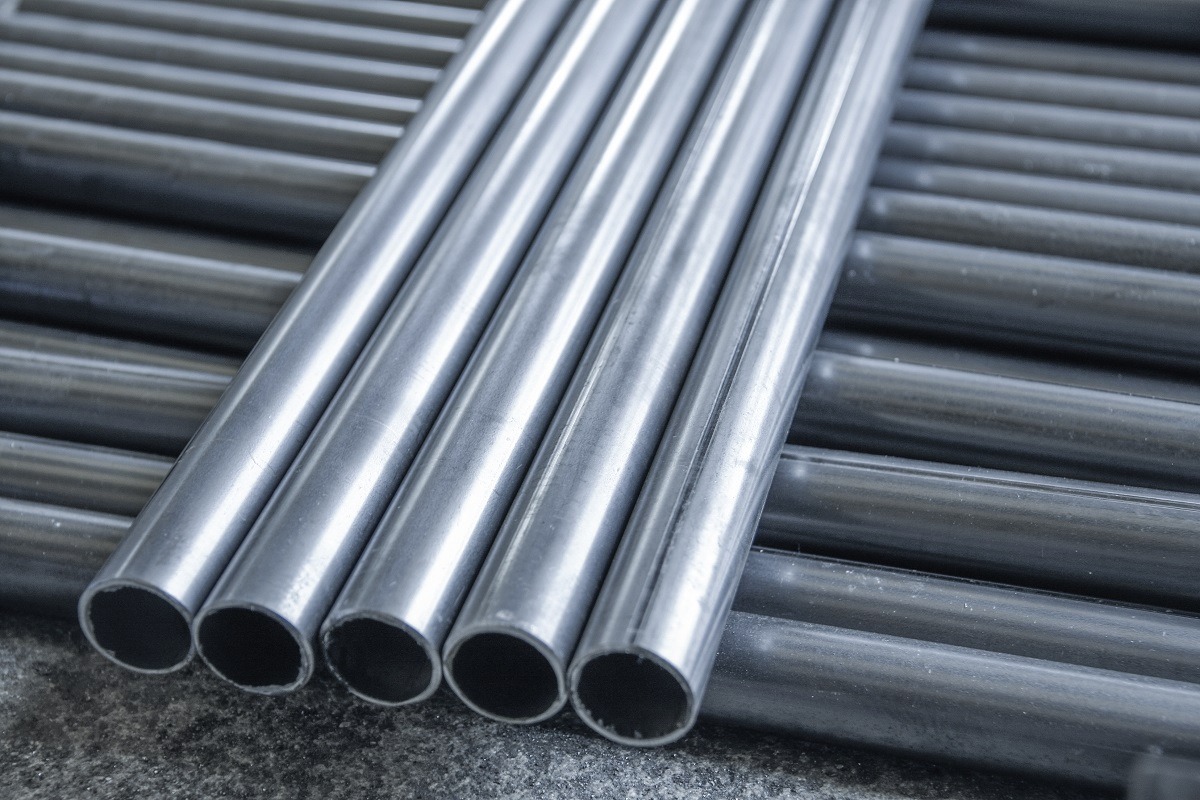Ankole cattle prices surged in 2025. This rise caught the eye of farmers, investors, and livestock breeders everywhere. Ankole cattle are famous for their long horns and toughness. They are more than a cultural symbol in East Africa; they are now a valuable agricultural resource. Ankole cattle are gaining importance in the global livestock economy. This rise is due to a focus on sustainable farming, indigenous breeds, and livestock conservation.
In this article, we’ll explore the reasons behind the rising ankole cattle price, examine current market dynamics, and provide valuable insights for farmers looking to capitalize on this growing trend.
Understanding Ankole Cattle: Why They Matter
Ankole cattle, also called Ankole-Watusi, come from the Great Lakes region of Africa. This includes Uganda, Rwanda, Burundi, and South Sudan. They are an indigenous breed recognized for:
- Their enormous curved horns, which help regulate body temperature
- High resistance to diseases common in tropical climates
- Minimal feeding requirements, making them ideal for low-input farming
- Cultural significance, especially among the Banyankole people of Uganda
- Longevity and strong genetics, making them ideal for breeding programs
These traits make Ankole cattle both economically and ecologically valuable, especially in a world increasingly focused on climate resilience and biodiversity. Whether you’re a beginner or an expert, start from our homepage for best results.
Rising Ankole Cattle Prices: Key Factors Driving Growth
1. Increased Demand for Indigenous Breeds
The global push toward sustainable and climate-smart agriculture has spurred interest in indigenous breeds. Ankole cattle are particularly suited for regions affected by drought and heat, thanks to their low water and feed needs. This adaptability makes them a preferred choice in Africa and emerging markets in Asia and the Middle East.
2. Export Market Expansion
Countries like Qatar, UAE, and China are increasing imports of exotic and indigenous cattle breeds. Wealthy people and farm investors in these countries are showing more interest in Ankole cattle. They are drawn to the cattle’s unique look and cultural significance. This has contributed to higher export prices, with top bulls fetching up to $10,000 USD or more.
3. Cross-Breeding for Hybrid Strength
Ankole cattle are being cross-bred with dairy and beef breeds. This helps boost productivity while keeping their hardiness. This strategy is popular in South Africa and Uganda. It has increased the demand for pure Ankole bulls. As a result, these genetically superior animals now have higher prices.
4. Showcase and Prestige Value
In countries like Rwanda and Uganda, Ankole cattle are not just farm animals—they are symbols of wealth and social status. Wealthy farmers and public figures often display their herds during cultural festivals or at agricultural expos. This demand for show-quality Ankole cattle has created a high-end niche market, further pushing up prices.
2025 Ankole Cattle Price Overview
The average Ankole cattle price in 2025 depends on various factors including age, sex, horn size, lineage, and market location. Here’s a breakdown:
- Calves (3–6 months): $400–$700
- Young Heifers (6–12 months): $800–$1,200
- Breeding Cows: $1,500–$2,500
- Bulls (pure-breed, mature): $2,500–$5,000+
- Elite breeding bulls or show animals: $7,000–$15,000
Prices can be higher for cattle with registered bloodlines, veterinary certifications, and award-winning traits.
Regional Price Comparisons
Uganda
As the traditional home of Ankole cattle, Uganda leads in supply and breeding innovation. Prices have risen by 10–15% year-over-year, especially for elite bulls and breeding cows. NAGRC programs have boosted breed certification and increased export potential.
Rwanda
In Rwanda, where Ankole cattle are culturally revered, prices are typically high. Farmers often sell through cooperatives. This helps them reach premium buyers and secure export deals. The government supports breed conservation efforts, ensuring genetic quality and price stability.
South Africa
South African breeders are investing a lot in crossbreeding Ankole with Nguni and Brahman cattle. This aims to achieve hybrid vigor. Prices vary based on horn growth and breeding goals, but certified bulls usually have strong prices.
Long-Term Investment Potential
Breeding Income
Investing in Ankole bulls for artificial insemination (AI) or natural breeding can bring strong profits. Semen from top bulls sells for $30 to $100 per dose. There’s high demand from farms focused on conservation and commercial ranches.
Conservation Farming
Farmers who team up with government or NGO conservation programs often get grants or tax benefits. Breeding and preserving endangered Ankole lines helps secure special funding and export perks.
Agritourism & Branding
Some progressive farmers are turning their Ankole herds into tourist attractions. By branding their farms around heritage cattle, they can tap into hospitality revenue, merchandise, and educational programs.
Challenges in the Ankole Cattle Market
Despite the rise in prices, several challenges remain:
- Limited access to purebred animals in rural areas
- Transportation costs, especially for long-distance or cross-border sales
- Veterinary and certification gaps, which reduce export opportunities
- Poor market information systems, making price transparency difficult
Governments and agricultural NGOs are closing these gaps. They use breeder cooperatives, mobile vet units, and market training programs for farmers.
FAQ – People Also Ask
Why are Ankole cattle prices increasing?
Rising global demand, export interest, and the value of indigenous genetics have driven up Ankole cattle prices in recent years.
Are Ankole cattle good for business?
Yes. Ankole cattle offer excellent investment returns due to low maintenance, high demand, and increasing value in conservation and breeding markets.
What is the average Ankole cattle price in 2025?
Prices range from $400 for young calves to over $10,000 for elite breeding bulls, depending on genetics and market location.
Where can I buy Ankole cattle?
Certified breeders in Uganda, Rwanda, and South Africa offer quality animals. Auctions, breeder cooperatives, and livestock expos are reliable sources.
Is it legal to export Ankole cattle?
Yes, with proper veterinary certification and adherence to export regulations. Countries like Uganda and Rwanda have structured export protocols.
Conclusion: The Time to Invest Is Now
The rise in Ankole cattle prices shows more than market trends. Views on sustainable farming, indigenous culture, and climate-adaptive livestock are shifting. Ankole cattle present a great chance for both experienced ranchers and new investors. They promise long-term value and positive impact.
Now is the perfect time to add Ankole cattle to your farming or agribusiness plans. High demand, solid government backing, and more global attention create a great chance.
Want to learn how to start or scale your Ankole cattle business? Sign up for our newsletter! Stay updated on market prices, breeding tips, and investment opportunities in livestock. Your journey to smart farming starts here.











Leave a Reply